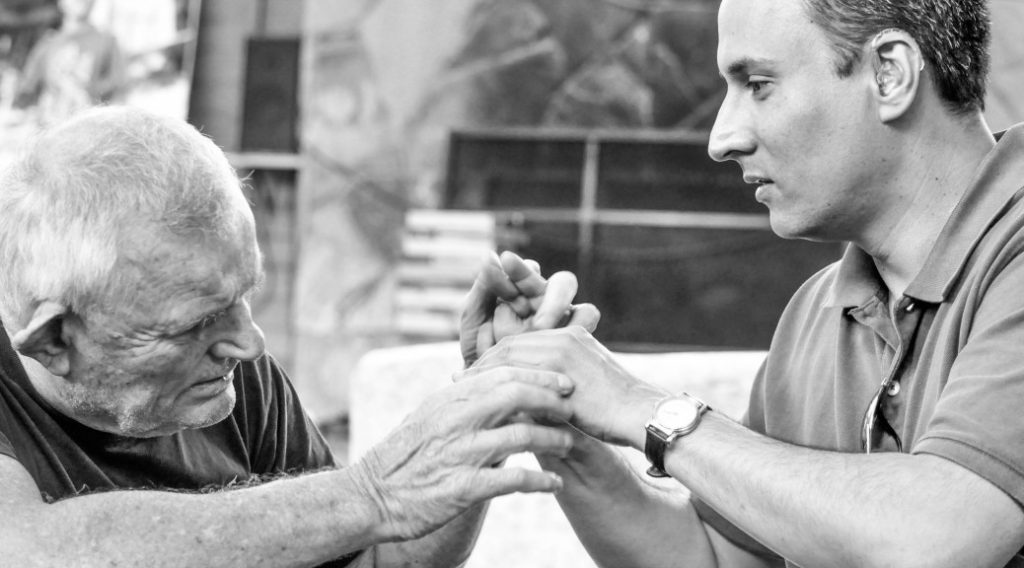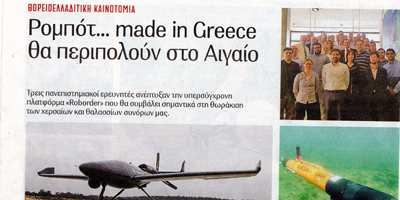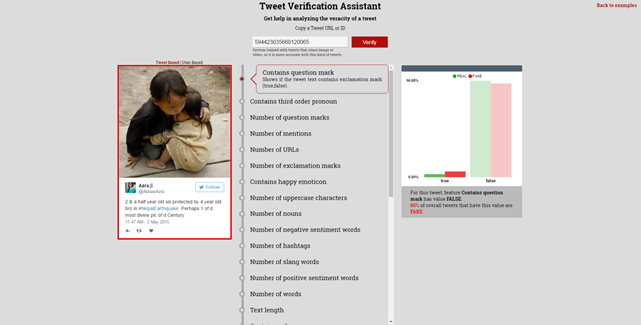©2025 MKLab.
Some Rights Reserved.
Built with Hugo & hyde-hyde.
Logo made by Freepik from www.flaticon.com
The Lab has extensive experience and expertise in semantic multimedia analysis, indexing and retrieval, social media and big data analytics, knowledge structures, reasoning and personalization for multimedia applications, eHealth and environmental applications




Improve My City Mobile, allows citizens to report local problems and suggest solutions for improving their neighbourhood. Learn more...
The Multimedia Group has been collaborating with Motorola in several Motorola funded R&D projects.